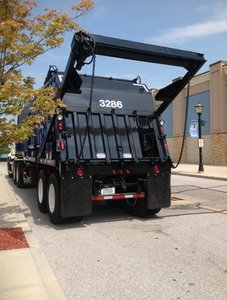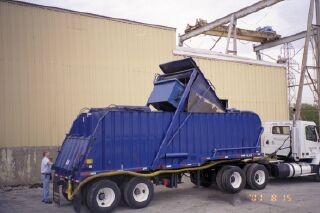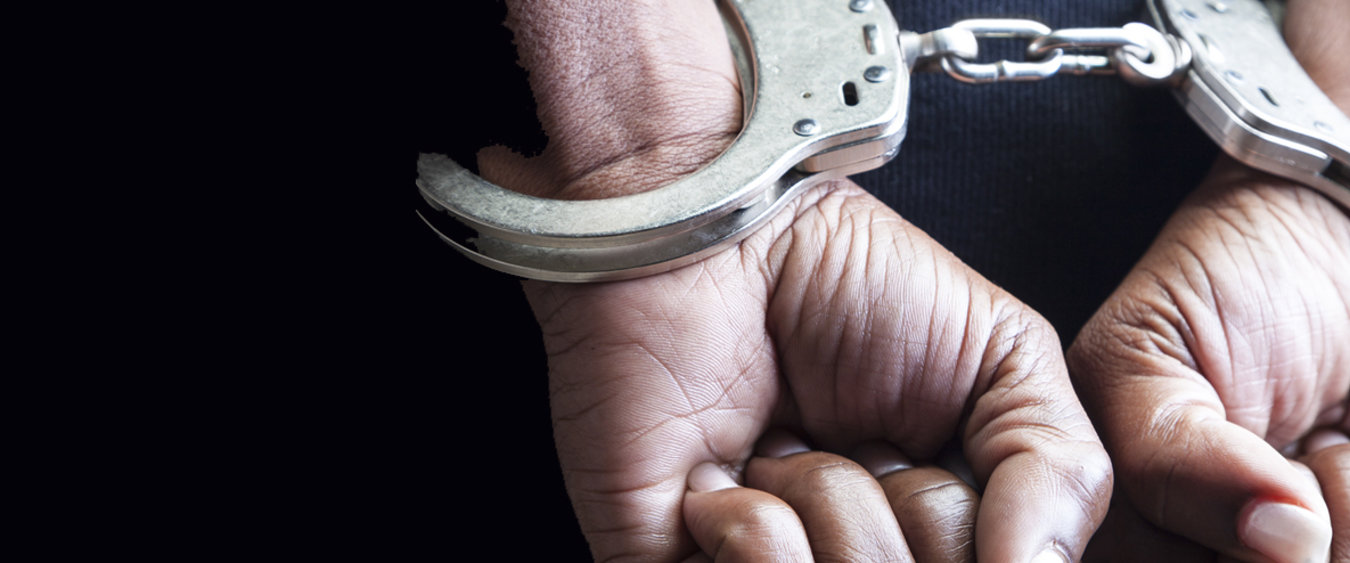Why Steal Grease?
Although it may sound like something restaurants would pay to get rid of, used cooking oil actually has monetary value. It is a recyclable component used in a number of different products, including renewable diesel, biodiesel and animal feed.
In most cases, restaurants partner with reputable service providers that collect and recycle their used cooking oil into something new and useable. They collect the fat from large containers, located outdoors by parking lot dumpsters or secured in automated storage tanks inside the store, and depending on market prices and the grease service provider, may pay the restaurant for the amount of grease they collect.
As the value of this used grease has increased, so has the incidence of grease theft from those outdoor bins.
When individuals who do not have a legitimate agreement with a restaurant sneak in under the cover of night to drain its outdoor grease bin, they are committing a crime. Instead of acquiring the grease legitimately, they break into the locked bins with crowbars, bolt cutters or blow torches, then siphon the contents into poly tanks hidden in the back of utility vans or pickup trucks.
This crime not only takes money from both the restaurant and the contracted service provider, but also endangers the store’s employees and customers.
“There are some grease thieves who act on their own, but the majority of these thefts involve some kind of organized ring or multi-person pocket of activity. The people who are doing the actual stealing can’t work in a legitimate environment. From what we’ve seen, most are hard-core drug addicts, sex offenders and career criminals with lengthy rap sheets,” explained Todd Mathes, Senior Vice President of Procurement for Darling Ingredients. “The theft ring leaders seek out these people, and use them as a barrier between themselves and law enforcement. They give them trucks and set them up to go steal grease on their behalf, then, disappear if they get arrested.”
Because stolen grease isn’t identifiable, unless the criminals are caught in the act, it’s difficult to prove that a company is buying stolen goods—particularly in the biofuel sector.
What your business should monitor
We are committed to teaching our customers and law enforcement to recognize grease theft for what it is – a serious crime, often perpetrated by serious criminals with long arrest histories for very unfunny crimes.
Thieves tend to work under the cover of night after restaurants have closed. How can you tell if your grease has been stolen? And what should you do?
Signs your grease has been stolen:
- Visual signs of access to your grease bin (a broken fence or barrier, or bin is out of place)
- Grease is spilled in your parking lot (beware - spilled grease isn’t only a slip hazard for your employees and customers, but any oily run-off into sewer drains could bring about environmental fines)
- The grease level in your bin is down, and your service provider was not scheduled to empty the bin (know when your contracted service provider normally picks up your used cooking oil)
- You, or your neighbors, notice suspicious trucks or individuals around your bin corral, or…
If there is something that doesn’t look right when it comes to your bin, call law enforcement.
WHAT TO DO IF YOU “CATCH A THIEF”?
1. Don’t literally try to catch him!
2. If it’s safe, mark down a license number or vehicle description as you…
3. CALL 911.
4. Then, call your grease service provider.
5. Report any descriptive information you have, without putting yourself or others in danger.
Our company is serious about combatting this crime. Here’s what DAR PRO is doing to fight back against this growing black market.
This is what a legitimate grease collection vehicle looks like (owned and operated by DAR PRO Solutions).

DAR PRO grease truck, rear view

DAR PRO collecting used cooking oil from outside bin into service vehicle
Reach out to a DAR PRO representative today and find out how your business can benefit from our partnership. Call us 24/7/365 at 855-DAR-PRO1 (833-567-0592).
Contact Sales
For customer service inquiries call our toll free number (855) 327-7761
By submitting this form I agree to the privacy policy including the usage of contact details to contact me for marketing purposes.
07/16/2019
